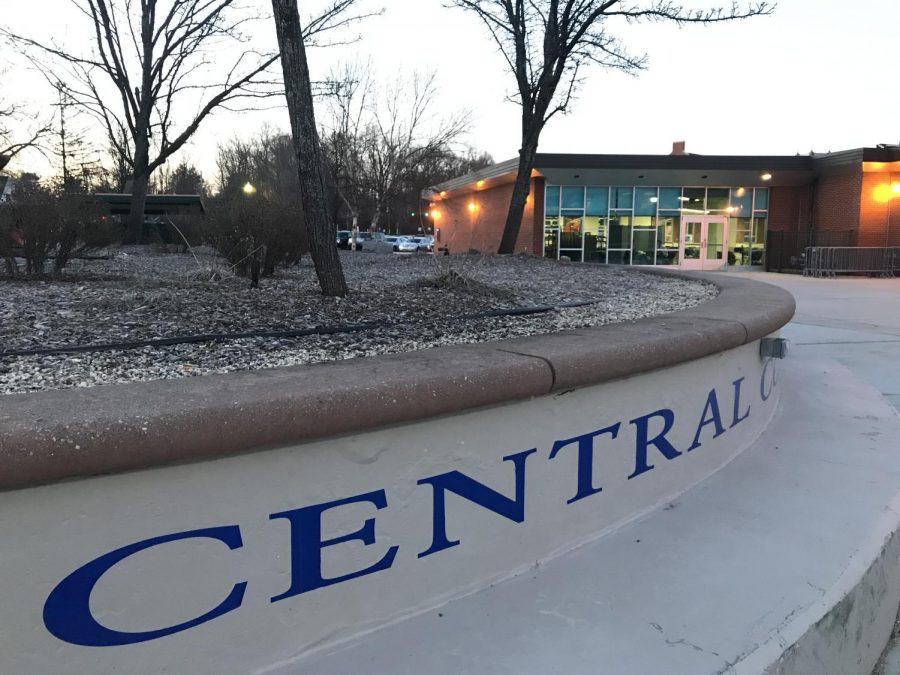Central To Work Against Tuition Increase
CCSU plans to work around the 5 percent tuition hike to help students.
April 2, 2019
In an effort to alleviate the burden of the 5 percent tuition increase placed on students’ shoulders by the Board of Regents for Higher Education, Central Connecticut will work to expand its financial aid and will implement other cost-efficient initiatives for the upcoming semester.
“We’re putting more money to the school and there should also be a switch where more money is coming back to us,” sophomore psychology student Cristian Bustamante said.
That is the plan, according to CCSU President Dr. Zulma Toro, who explained that her goal is to increase the amount of money available to students from the $2 million the university had this year.
“My goal is to every year try to add either between half a million and a million dollars to the money we have available for scholarships,” Dr. Toro said, adding that CCSU is “on our way this year” to having raised $3 million for students through fundraising and that financial packages will be improved.
Dr. Toro also noted the new “financial literacy person,” brought up by Director of Public Relations Janice Palmer during the interview, who works with students in planning how they will finance their CCSU education.
“It’s also a problem because now you’ve got an extra $500 or $900 out of pocket that you’ve gotta come up with,” Maleek Snipes, a senior studying mechanical engineering, said. “It could potentially increase the stress level of certain students.”
“We have a list of students who are in financial distress. She’s reaching out to those,” Dr. Toro said.
The BOR voted March 28 for the increase to tuition for the state’s four regional universities to cover its $25 million deficit. Tuition will rise on average by $479 for commuters and by $861 for on-campus resident students. Dr. Toro reassured students that the cost will not be that hefty at CCSU.
“For residential students, the cost of housing is not increasing at a 5 percent rate. The same is true for the meal plan,” Dr. Toro said; commuter students will not be as affected either.
Connecticut State Colleges and Universities President Mark Ojakian said in a press release that “tuition increases are always a last resort, and the board did not take this decision lightly.”
“I’m definitely not happy hearing that,” Michelle DiDonato, a senior studying business management, said. “I question if that would deter people [from attending Central] because the cost is still so expensive at other schools.”
Dr. Toro stated that she understands those concerns. In addition to the expansion to financial aid, she said that CCSU can balance its budget if enrollment numbers are maintained, meaning that the university will not have to tap into reserves.
“People may think that Central is in a dire financial situation. I can guarantee you that we are not in that situation and I will be very transparent and honest if that is our situation,” she elaborated.
On concerns related to CCSU administrative and instructional salaries rising simultaneously with the tuition increase, Dr. Toro said that this will be the first time “in a number of years” that salaries will go up and that it is unrelated.
Moreover, program cuts of any kind are “not something we are considering at this point in time,” nor is any impact to student services.
“We are looking [at] what else we need to do to provide more academic support for students who may need more academic support,” Dr. Toro said. “My top priority is student success. I will continue to do whatever I need to do to make that a reality.”





